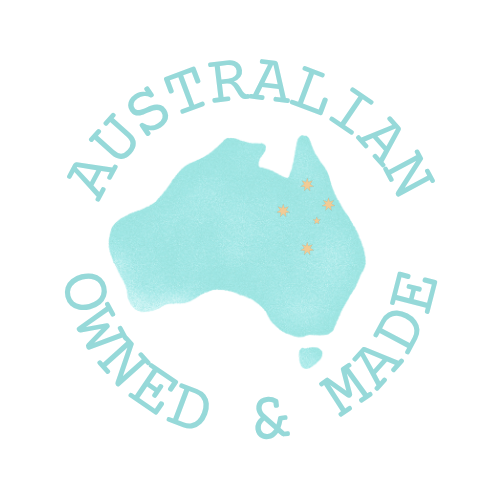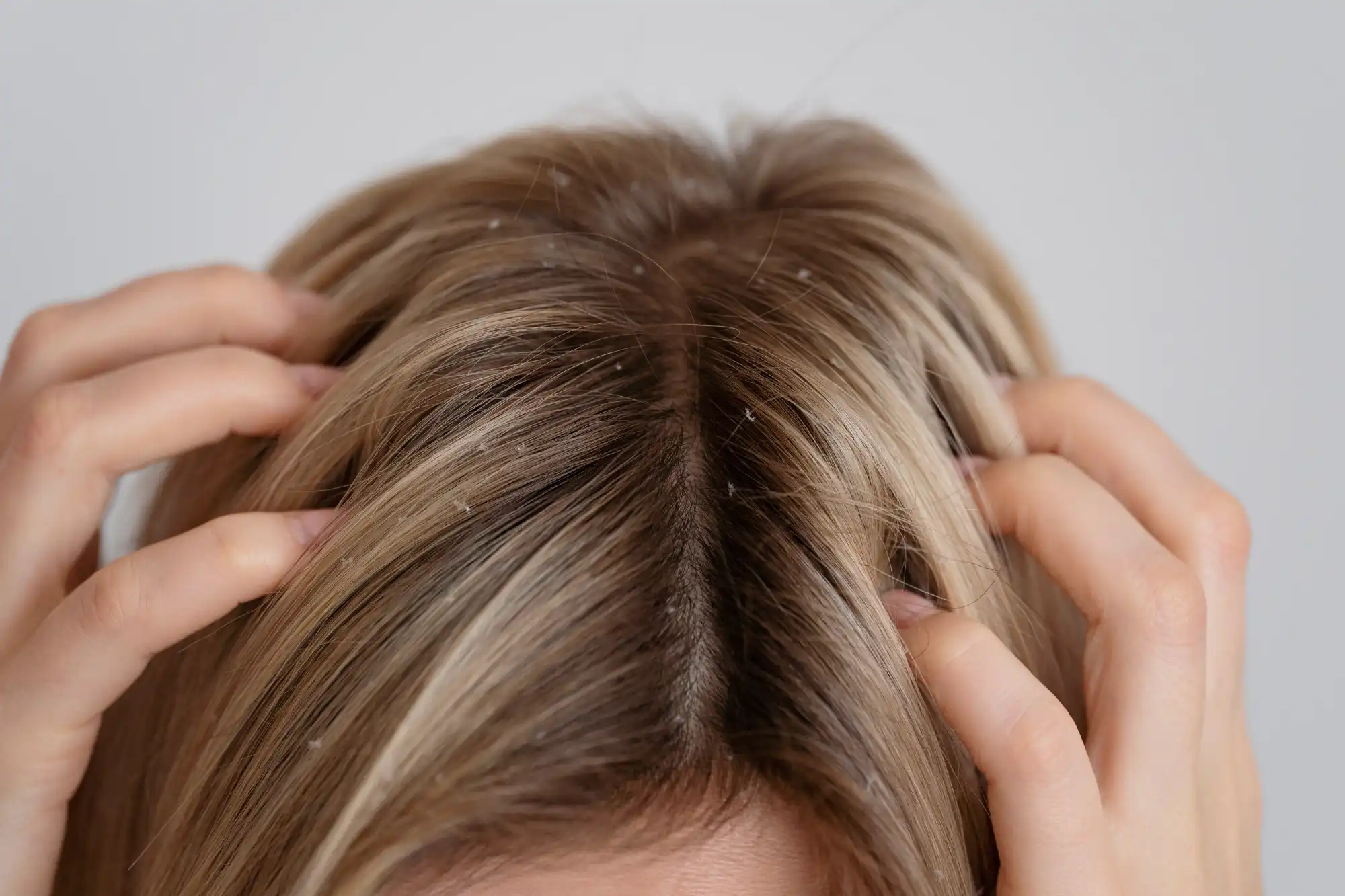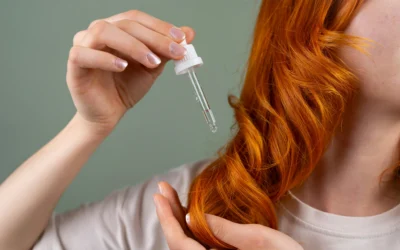Did you know that most people that have “dandruff” actually don’t? Dandruff is one of the most misunderstood scalp conditions I know of!
True dandruff is a type of dermatitis and chances are it won’t be resolved quickly. What most people refer to as “dandruff” is actually dry scalp (yes, that’s a thing and something quite different). It’s EXACTLY like having dry, flaky skin anywhere else on your body. The skin isn’t moisturised/nourished enough and so it gets dry and peels away, it’s just that it doesn’t happen like it does on the rest of our bodies due how we treat the scalp as opposed to skin on the rest of our body. Irregular cleansing and less thorough cleansing due to the density of hair means we don’t gradually remove dead skin cells and so it builds up and comes away as flakes which is also much more visible when it lands on clothing. It’s also much more obvious on the rest of our bodies before it gets to the point of flaking so we can address it earlier, whereas we tend not to notice when it’s on our scalp until those pesky flakes start to fall or the itching starts leading to flakes coming off.
So, the general recommendation for ANY skin that is dry and flaky is to nourish and moisturise it. Yes, it’s harder on your scalp but it doesn’t mean that’s not what will be the most effective. Stripping away the dry/flaky skin just increases the body’s response to generate more skin cells that then go dry and flaky so you end up in a vicious cycle. Nourish and moisturise – that’s the only answer to dry scalp. However, external remedies will only treat the symptom, not the cause. Dry scalp can be caused by external factors (common at change of seasons, hot water, reaction to products), diet, illness, medication etc.
True dandruff generally requires a medicated control method. Seborrheic Dermatitis (real dandruff) is a scalp condition that is most commonly due to yeast (fungal) or bacteria and dependant on which one will require different treatment. It usually looks slightly different to a dry scalp as it will often appear slightly wet, have an off-white/yellow colour can be thick/chunky rather than thin/scaly flakes and may smell.
Gross, I know but knowing what condition you’re actually dealing with will ensure a better outcome so don’t just head for the head and shoulders at the supermarket, spend the time to identify the real issue.
Sara x
Image attribution: Freepik






